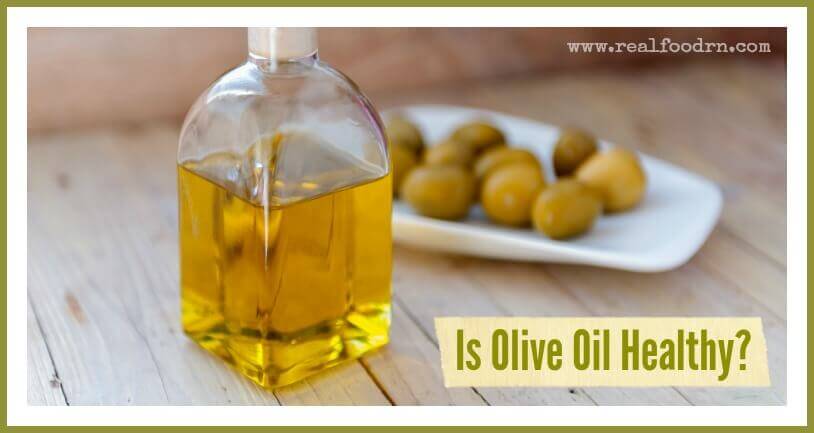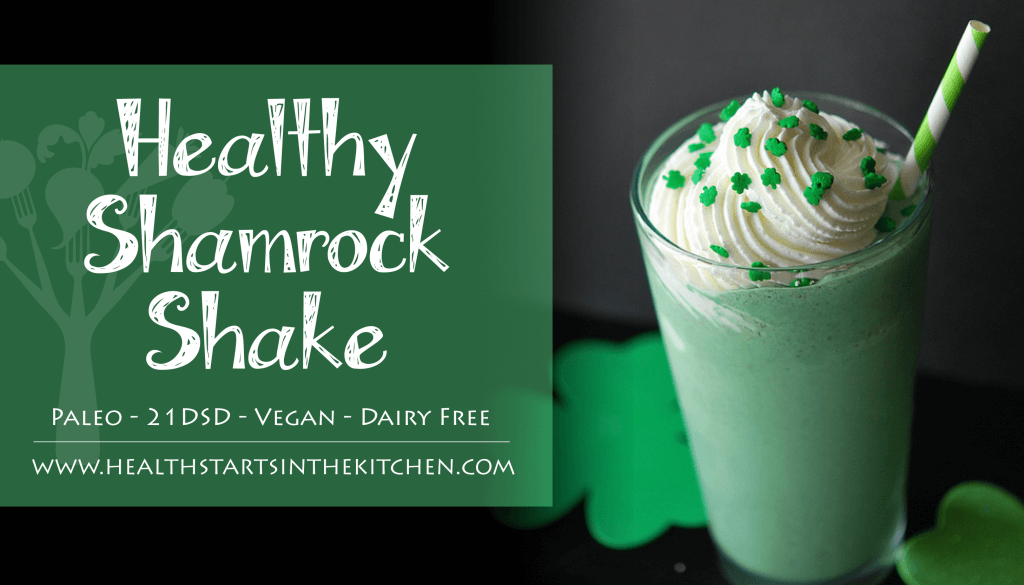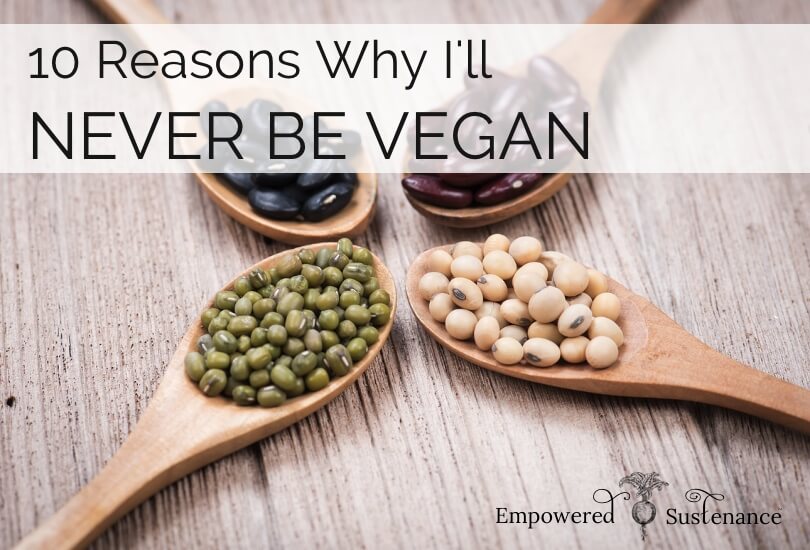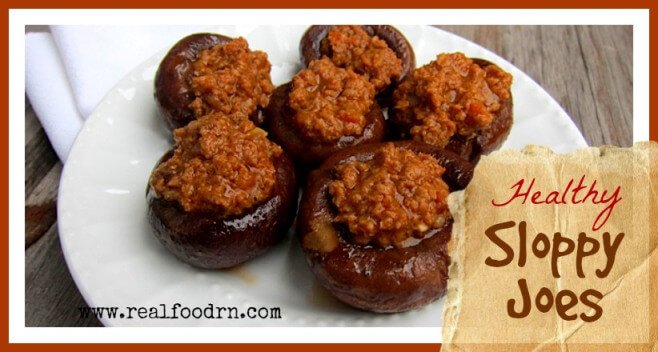
This morning, I was watching the Food Network, a guilty pleasure of mine while working out at the gym (any other moms out there feel like a half hour alone on a cardio machine with a TV is the equivalent of vacation?), and I noticed that the TV chef was using canola oil as the basis for her recipes that episode. She was making an Italian feast, and her meatballs were fried in canola oil, and her pasta was topped with a cream sauce made with the help of canola oil. Her reasoning for using this ingredient was the money it would save (although you can get healthy oils at ridiculously low wholesale prices right here), but I cringed as I thought about an otherwise beautiful dish being made with such an unhealthy oil. Which begs the question, what cooking oils ARE healthy? You know well by now that we love cooking with coconut oil, but what about others? Are they just as good? Is olive oil healthy?
“If you have been watching your fat and caloric intake, you may have cut olive oil out of your diet, or at least lessened how frequently you use it. But there are real benefits to adding it back in! Extra Virgin Olive Oil has been proven to provide protection against many diseases. Scientists have studied the Mediterranean diet in hopes of determining why that region’s inhabitance have such low incidents of certain cancers and heart conditions that plague other places around the globe.
They have found their answer: olive oil!
Though all forms of olive oil are preferable to many other oils on the market, Extra Virgin Olive Oil (EVOO) is the most nourishing and provides the most restorative and preventative benefits because it comes straight from the olive, with very little processing. That means that the natural ingredients that make olive oil so healthy stay in the oil without being “processed out.” Vitamin E, which cells use to communicate with one another, polyphenols and other antioxidants are just some of the ingredients that make EVOO the best oil choice.
A partial list of the preventive and restorative powers of EVOO can be found below:
- EVOO has been proven to reduce triglycerides and total cholesterol, as well as low-density lipoprotein, or LDL, the “bad” cholesterol, in the bloodstream.
- The healthy fats found in EVOO help keep arteries clear of cholesterol build-up and increase the health of arteries, and consequently, the heart, even in the elderly.
- The high content of mono-unsaturated fat, along with plentiful antioxidants, has been verified to play a preventative role in some cancers, specifically breast cancer and malignant melanoma, the most deadly form of skin cancer.
- Because the active ingredients in EVOO help balance and stabilize insulin levels, a diet rich in the oil, along with a healthy diet, can inhibit or defer the onset of diabetes, which has become an epidemic in the Western world. Scientists say that a diet high in mono-unsaturated fats, like those found in EVOO, reduce the potential of developing type II diabetes more than 50% over a low-fat diet.
- The high levels of Vitamin E found in EVOO improve the efficiency of cells in the body, which in turn, improves circulation.
- Studies show that EVOO ingested regularly can lower systolic and diastolic blood pressure.
- Researchers have determined that the polyphenols found in the oil obstructs the genes that encourage high blood pressure, high cholesterol and diabetes.
- Osteoporosis, which is a loss of bone mass often occurring in postmenopausal women, has been touted as beneficial to increasing bone mass in this age group. Though scientists don’t believe EVOO alone will cure osteoporosis, they are increasingly positive about its place in the future treatment of the disease.
- Recent studies show that the oleocanthal found in EVOO can diminish the threat of Alzheimer’s and other cognitive decline disorders that occur with aging. The polyphenols found in EVOO have been proven to be potent antioxidants that may actually assist in the reversal of oxidative impairment that typically occurs during aging.”



Leave a Reply